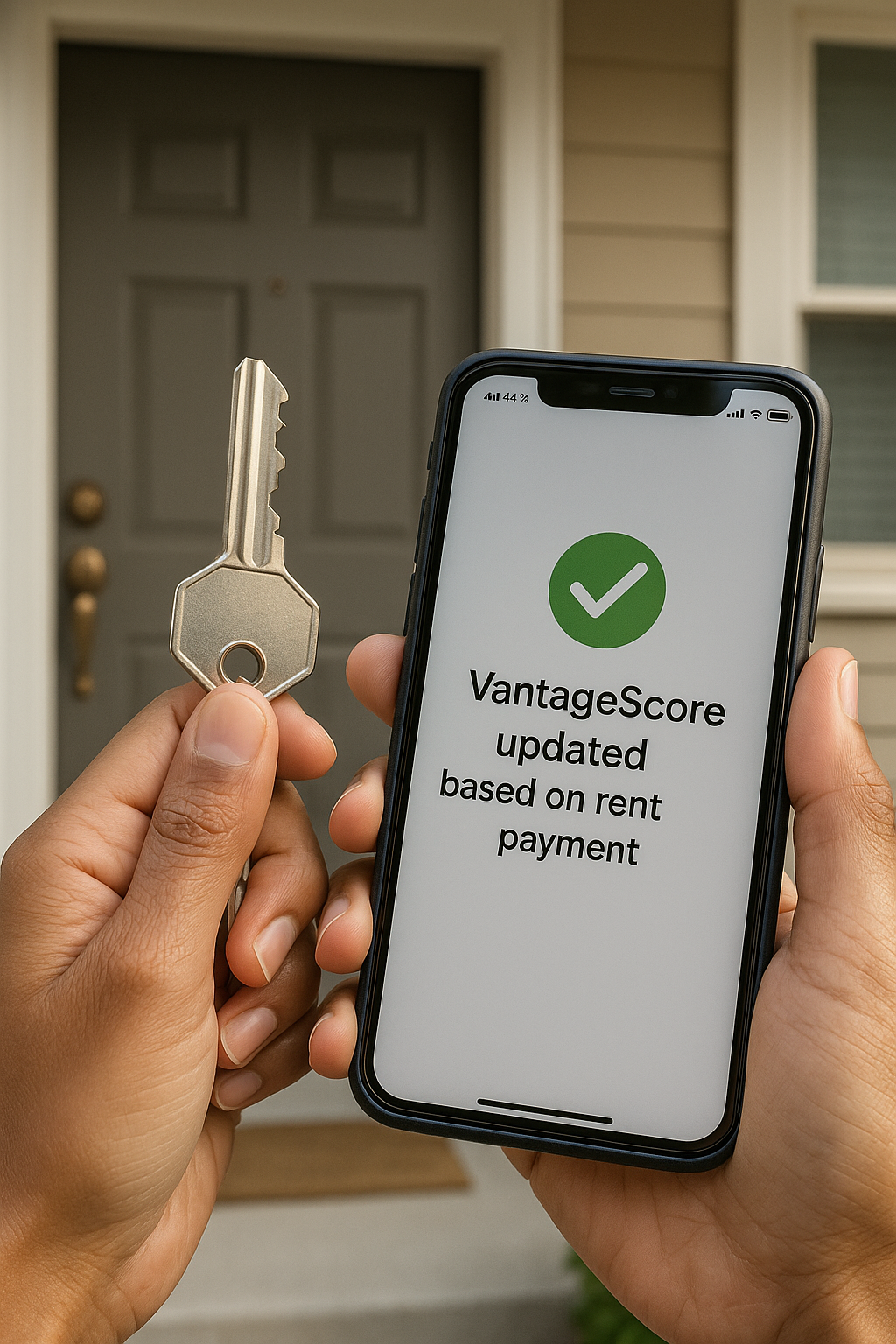
As student loan repayments resume nationwide, millions of Americans are once again facing financial uncertainty, mounting stress, and the familiar burden of debt. The student loan crisis isn’t a distant threat — it’s here, it’s growing, and it’s deeply impacting the economic and emotional well-being of an entire generation.
Yet, the conversation about student debt too often gets trapped in debates that miss a fundamental point: this isn’t just about money, it’s about dignity.
As a fintech entrepreneur dedicated to financial empowerment, I’ve witnessed firsthand how debt shapes individuals’ emotional and psychological health. Borrowers frequently express shame and confusion: “I fell behind,” “I didn’t understand,” “I should’ve known better.” Many first-generation Americans, particularly within Latino communities, sought loans as a pathway to opportunity, only to find that pathway filled with unexpected hurdles and complexity.
The current system wasn’t designed with their experiences in mind, yet the challenges it creates now extend beyond any specific demographic. Student debt impacts people across all backgrounds, regions, and walks of life — urban and rural, parents and veterans, entrepreneurs and educators. The unifying thread is not their background, but their shared experience navigating a confusing and often overwhelming system.
While the government has introduced measures such as payment pauses, limited forgiveness programs, and new repayment options, the underlying issue remains: we’ve framed student debt primarily as a political and legislative issue rather than addressing the human realities faced by borrowers daily.
As a result, millions of borrowers remain uncertain about their options. Many are unaware that repayments and collections have restarted. Customer support systems are overwhelmed, critical information is often inaccessible, and as time passes, debts spiral and credit scores suffer.
This isn’t just a policy failure — it’s a human crisis. But it’s a solvable one.
To restore dignity to debt relief, we must first recognize that borrowers shouldn’t have to become experts in policy or finance to manage their debt effectively. Expecting everyday people to navigate legal jargon and complex financial rules without clear support only deepens frustration and hardship.
We can, and should, do better.
Addressing this challenge means providing transparent, empathetic tools and resources tailored to people’s real lives — not just their financial profiles. Technology can help, but it needs to be designed to empower rather than overwhelm. We must create solutions that respect the intelligence and dignity of borrowers, guiding them with clarity and compassion.
Debt relief isn’t solely a financial equation; it’s fundamentally a human issue. By centering our approach on empathy, cultural understanding, and emotional intelligence, we can build trust, especially among communities historically underserved by traditional financial systems.
This isn’t about perfect solutions or utopian ideals. It’s about a commitment to building practical, compassionate solutions that reflect an understanding of the complexities borrowers face.
If we succeed, the real victory won’t just be measured in debt paid off — it will be measured in the restoration of dignity, confidence, and trust for millions of Americans navigating their financial futures.
Written by Rodrigo Dantas e Silva
Co-founder & CEO of Gabriel Money







